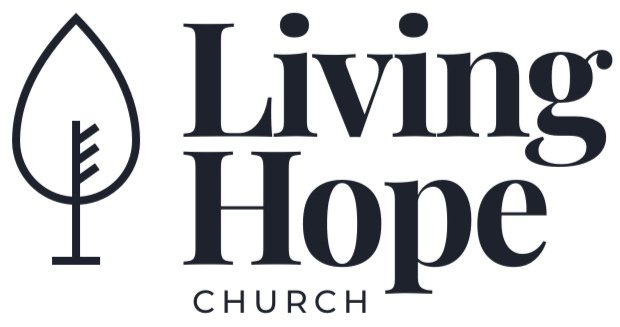You can feel the intensity ramp up a good bit in today’s reading in Job. Chapter 15 is a fiery rebuke of Job by Eliphaz. Basically Eliphaz isn’t happy with Job’s stance or responses to the ‘comfort’ that he has been given. He doesn’t actually respond to any of Job’s arguments, but rehearses the question of authority and repeats (by implication) that Job must actually be wicked and all his previous prosperity was nothing but empty riches.
Unsurprisingly Job isn’t happy and his response makes that clear:
have heard all this before.
What miserable comforters you are!
Won’t you ever stop blowing hot air?
What makes you keep on talking? (16:2,3).
He also states that he would ‘comfort’ quite differently if the roles were reversed (16:4, 5).
This makes me think about how we interact with others in regard to our belief. I find that too often theology is used not as a comfort but as a bludgeon. We should absolutely strive to know God more and more deeply, but that knowledge is not to puff us up, but it should rather humble us in regard to how little we know and how we are not God. There is mystery to the workings of God. We cannot answer all the questions that people pose. In fact yesterday as I was officiating a funeral I was asked the questions: Why him? Why now? And I can’t answer those definitively. All I can do is turn to the sovereignty of God and his character (which is very good to know and to fall back upon). But for many, it doesn’t seem like an answer and so we are tempted to speak for Providence and that is not a great idea.
I have known ‘miserable comforters’ and I am also sure that I have been one myself (much to my dread). Most of the time the words were well-intended, but they fell flat. Sometimes though, people just like to argue and be extremely dogmatic in their views or utter trite sayings without any reflections on the mystery of God or an attempt to apply theology to real-life situations. I think much of what this reading teaches us (and is causing me to reflect upon) is how much of a privilege it is to be in a position to speak God’s truth and provide comfort, and yet how careful I/we must be. May God give us grace to be those who minister His truth in both grace and truth.

